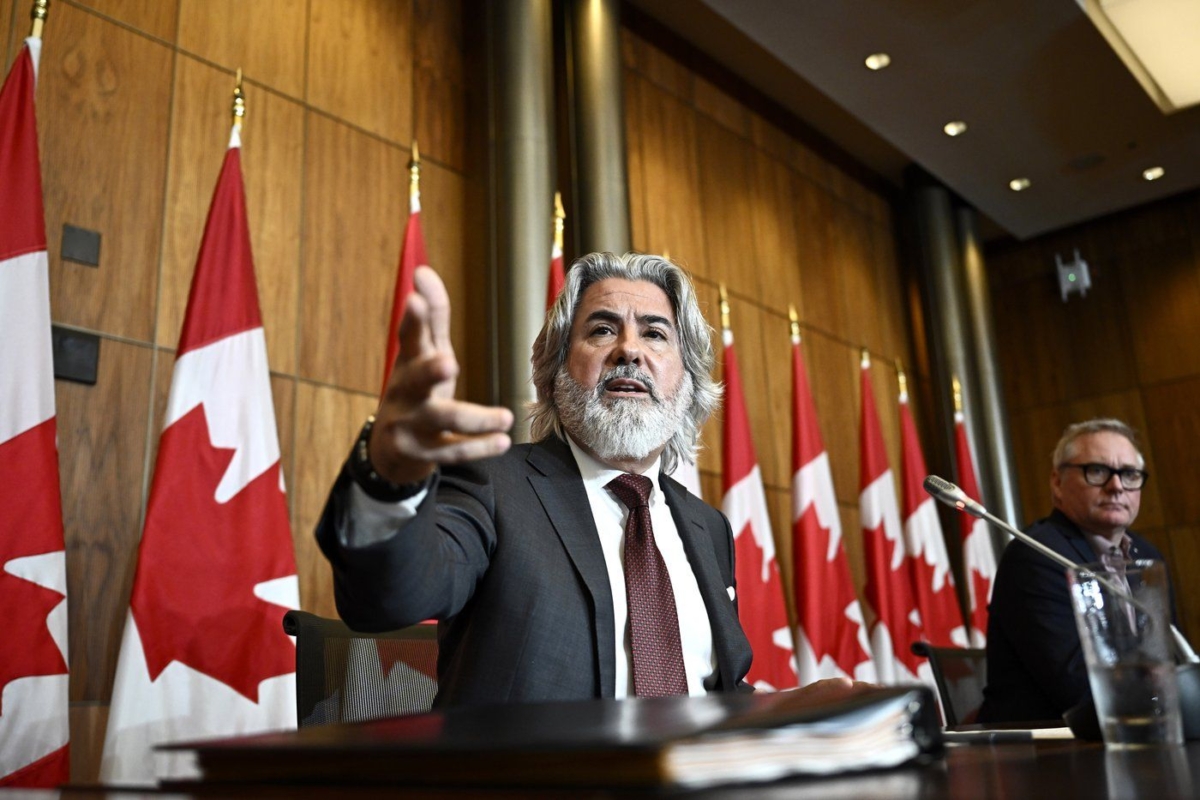


Ottawa has published a set of proposed regulations for its Online News Act, also known as Bill C-18, that address a number of concerns Google and Meta have voiced about the legislation which prompted the tech giants to say they will begin blocking Canadian news later this year.
Heritage Minister Pablo Rodriguez’s department said on July 10 that it is proposing regulations for implementing the Online News Act to include criteria under which platforms like Meta—which owns Facebook and Instagram—and Google can be exempt from Ottawa’s mandate that tech giants must compensate Canadian media outlets to link their content.
Bill C-18, which the Heritage Department says will come into force no later than Dec. 19, will require digital news intermediaries such as Google and Meta to pay Canadian news publishers for any of their content that gets linked or shared on the tech giants’ platforms.
However, Mr. Rodriguez is now proposing that Ottawa outline a cap on how much these companies are legally required to contribute to Canadian news outlets.
“The GIC, on the recommendation of the Minister of Canadian Heritage, can make regulations regarding which digital platforms the Act applies to and how the CRTC interprets the criteria in the Act for platforms to obtain an exemption from mandatory bargaining and final offer arbitration,” the Heritage Department wrote in an online document titled “The Online News Act: Next Steps” on July 10.
The department also said that Mr. Rodriguez will be proposing regulations that “establish a financial threshold for contributions to sustainability of the Canadian news marketplace,” and “reaffirm language from the Act that non-monetary offerings to news organizations, such as training or other products, be included in the CRTC’s evaluation of exemption criteria.”
Mr. Rodriguez will also take into account existing deals between tech giants and Canadian publishers in the regulations, said the department.
The government’s new stance on the matter comes shortly after it suspended all of its advertising on both Facebook and Instagram in response to Meta’s decision to block Canadian news starting later this year.
Mr. Rodriguez said he hoped the move would bring Meta back to the negotiating table on the bill.
“The platforms know that we’re at the table,” Mr. Rodriguez told reporters on July 5. “We’re ready to talk to them. We’re open to discuss.”
Some critics say that the government’s decision to address Google and Meta’s concerns about Bill C-18 shows it is walking back its previous statements that Ottawa would not be intimidated by the tech giants’ threats to block Canadian news.
“It would appear that the government has caved on the bill as it searches for a face-saving compromise,” said internet policy expert and University of Ottawa professor Michael Geist in an online article on July 10.
Former CRTC commissioner Peter Menzies said the government’s changed stance is a “big win for Google but unlikely to deliver much new cash for news organizations that will still suffer the consequences of Meta’s withdrawal.”
“Looks like [Minister Rodriguez] has waved the white flag on Bill C-18,” Mr. Menzies said on Twitter on July 10.
